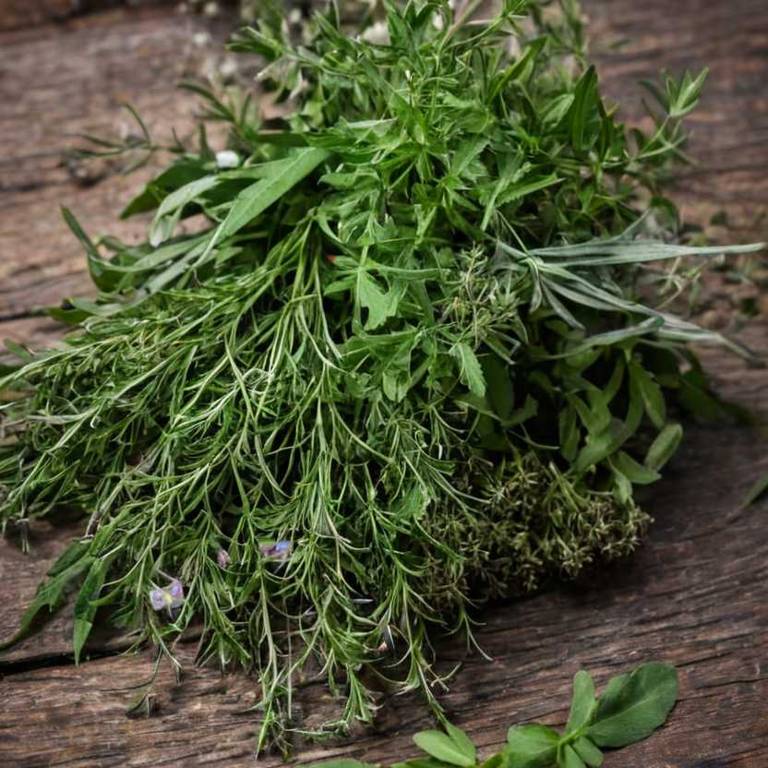Piper Angustifolia: What To Know Before Using It For Medicinal Purposes

Piper angustifolia, commonly known as the narrow-leaved pepper vine, is a medicinal plant native to tropical regions of the Americas.
It has been traditionally used in folk medicine for its purported anti-inflammatory, analgesic, and antimicrobial properties. The plant contains various bioactive compounds, including alkaloids and flavonoids, which contribute to its therapeutic effects. In some cultures, it is employed to treat ailments such as arthritis, skin infections, and digestive issues.
However, further scientific research is needed to fully validate its medicinal potential and ensure its safe use.
Health Benefits
Piper angustifolia has several health benefits, such as its potential to improve digestive health due to its rich content of bioactive compounds.
It is known to possess antimicrobial properties that can help in fighting harmful bacteria and fungi. The plant also exhibits anti-inflammatory effects, which may aid in reducing inflammation associated with various chronic diseases. Additionally, Piper angustifolia has been studied for its antioxidant properties, which can help protect cells from damage caused by free radicals.
Overall, it shows promise as a natural remedy for supporting overall wellness and preventing certain health conditions.
10 Best Health Beneift of Piper angustifolia
Bioactive Constituents
Piper angustifolia has several bioactive constituents, such as alkaloids, flavonoids, terpenoids, and phenolic compounds, which contribute to its medicinal properties.
These compounds exhibit antioxidant, anti-inflammatory, and antimicrobial activities, making the plant valuable in traditional medicine. Alkaloids like piperine and piperic acid are known for their ability to enhance nutrient absorption and modulate enzyme activity. Flavonoids present in the plant help in reducing oxidative stress and supporting cardiovascular health.
Overall, the diverse bioactive profile of Piper angustifolia supports its use in treating various ailments, from digestive issues to skin conditions.
Medicinal Preparations
Piper angustifolia has several medicinal preparations, such as teas, tinctures, and extracts, which are traditionally used in folk medicine for their therapeutic properties.
The leaves and fruits of this plant are commonly dried and brewed into teas to alleviate digestive issues and reduce inflammation. Tinctures made from the plant's extracts are often used to treat respiratory conditions and as a mild sedative. In some regions, the essential oil derived from Piper angustifolia is applied topically for its antiseptic and analgesic effects.
These preparations highlight the plant's potential in both traditional and complementary medicine systems.
Side Effects
Piper angustifolia can have some side effects, such as gastrointestinal discomfort, including nausea, vomiting, and diarrhea, due to its high concentration of alkaloids.
In some cases, it may cause skin irritation or allergic reactions when applied topically. Prolonged use or high doses may lead to more severe symptoms like dizziness, headaches, or even convulsions. It is also important to note that Piper angustifolia may interact with certain medications, potentially increasing the risk of adverse effects.
Therefore, it is advisable to consult a healthcare professional before using this plant for medicinal purposes.